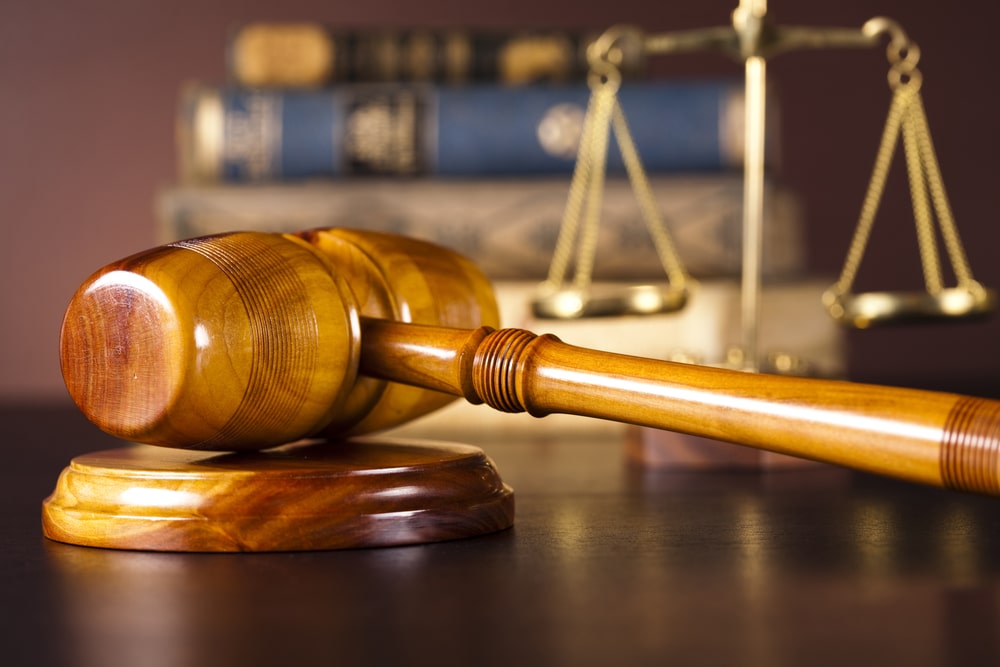Being charged with a DWI (Driving While Intoxicated) can be a daunting experience, especially when Breathalyzer test results are used as evidence against you. Many people assume that these tests are foolproof, but the reality is that Breathalyzer tests can be flawed in various ways. A skilled DWI lawyer can challenge the validity of the test results and potentially have them dismissed as evidence, strengthening your defense. Understanding how a DWI lawyer can challenge Breathalyzer test results is critical for anyone facing such charges.
1. Questioning The Accuracy Of The Breathalyzer Device
One of the first things a DWI lawyer may investigate is whether the Breathalyzer device used was properly calibrated and maintained. These devices require regular maintenance to ensure their accuracy, and failure to do so can result in false readings. If the device used in your case was not calibrated according to the manufacturer’s specifications, or if it hadn’t undergone recent maintenance, your lawyer can argue that the test results are unreliable.
2. Challenging The Officer’s Administration Of The Test
Even if the Breathalyzer device is in working order, the test must be administered correctly for the results to be valid. DWI lawyers will closely examine how the test was conducted by the arresting officer. Law enforcement officers must follow strict guidelines when administering Breathalyzer tests, and any deviation from these procedures can compromise the results.
For example, officers are typically required to observe the driver for a specific amount of time (usually 15 to 20 minutes) before administering the test to ensure that they do not eat, drink, or regurgitate, as this can affect the results. If this observation period is skipped or shortened, your lawyer may argue that the results are compromised and should not be admitted as evidence.
3. Examining Health Conditions And Medications
Certain health conditions and medications can affect Breathalyzer test results. For instance, individuals with acid reflux, diabetes, or a high-protein diet may produce higher blood alcohol content (BAC) readings due to the presence of substances in their breath that mimic alcohol. Additionally, certain medications or medical conditions, such as asthma, can cause inaccurate results.
A DWI lawyer from Rasmussen & Miner can gather medical evidence to show how your specific health conditions or medications may have interfered with the Breathalyzer test results. This can be an effective way to challenge the validity of the test and reduce the strength of the prosecution’s case.
4. Questioning Environmental Factors
Environmental factors, such as the presence of chemicals in the testing environment, can also affect Breathalyzer results. If you were tested in an area where certain chemicals, such as gasoline, paint fumes, or cleaning agents, were present, it could have skewed the results. Breathalyzers detect more than just alcohol and may register other substances that interfere with the accuracy of the reading.
A DWI lawyer will investigate whether any environmental factors could have influenced your test results and use this to challenge the prosecution’s evidence.
Conclusion
Breathalyzer test results are not always as reliable as they may seem, and a skilled DWI lawyer can identify several ways to challenge the validity of these tests. By questioning the accuracy of the device, the officer’s administration of the test, health conditions, environmental factors, and the choice of test itself, a DWI lawyer can build a strong defense and potentially have the Breathalyzer evidence dismissed, giving you a better chance of avoiding a conviction.



